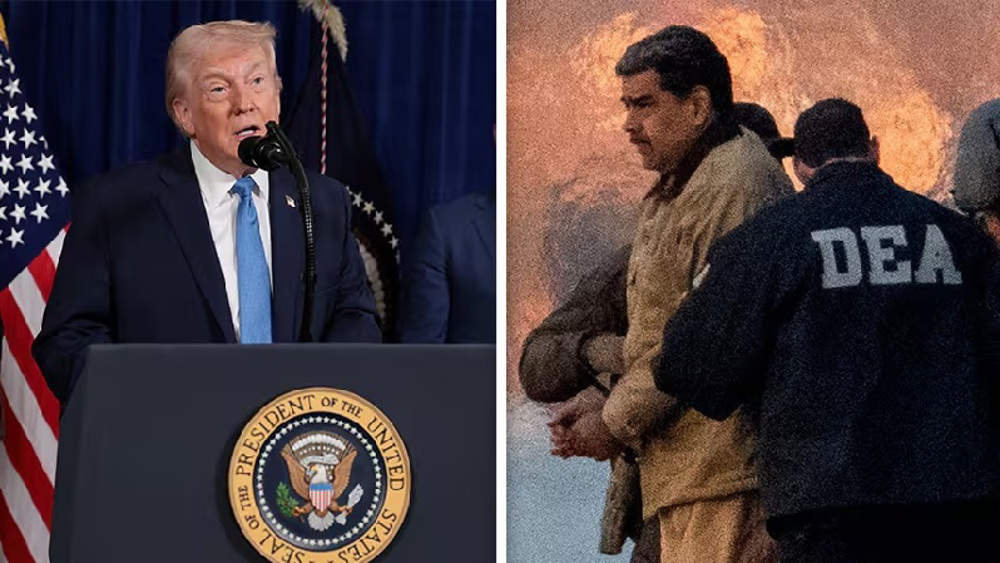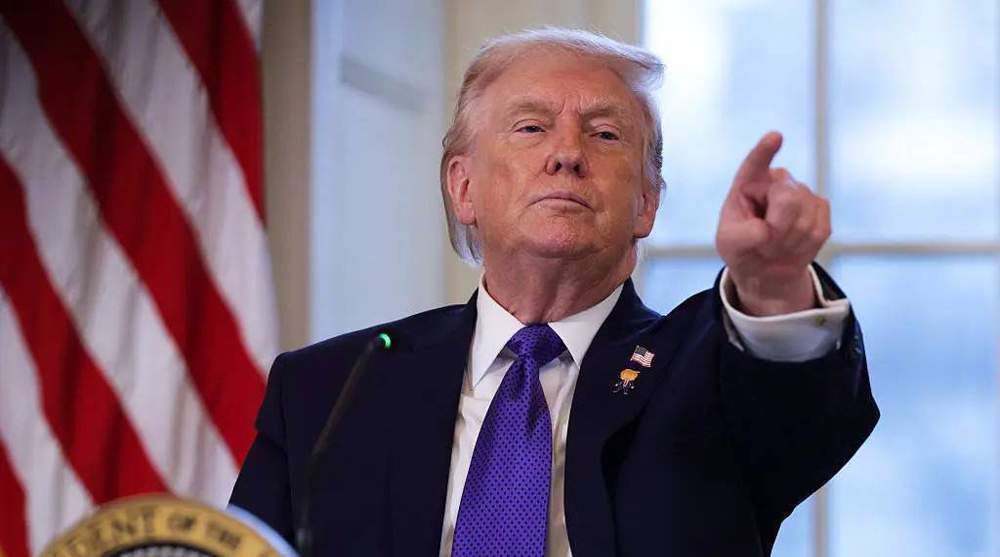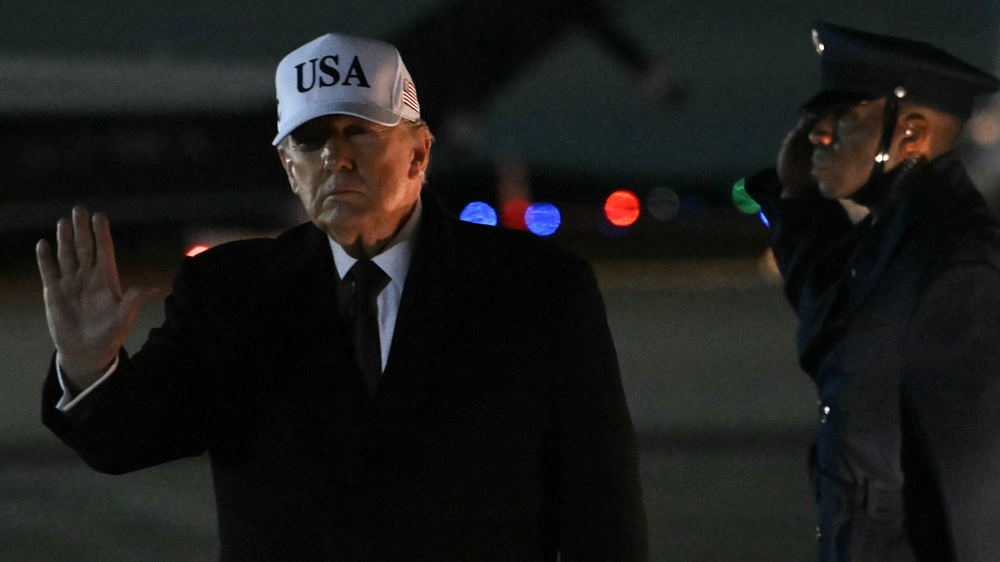First planeload of new banknotes arrives in Venezuela
A planeload of Venezuela’s new currency notes has arrived from Sweden, after its delayed arrival and widespread unrest prompted President Niclolas Maduro to temporarily extend the use of the country’s 100-bolivar bills.
The plane carrying “272 crates of 50,000 500-bolivar bills” arrived from the Swedish capital of Stockholm on Sunday, said Jose Khan, a high-ranking official with Venezuela’s Central Bank.
He said two more planes will also be arriving, with the 500-bolivar bills finally totaling 60 million units.
On Thursday, the government briefly pulled the 100-bolivar bills out of circulation before the new bills were still made available.
The delay in the arrival of the new banknotes sparked demonstrations across the country, and led to long lines at banks. Lootings were also reported at scores of shops. Many people had found themselves without the means to pay for basic supplies or Christmas preparations.
Maduro, who blamed the delay on “US Treasury Department sabotage,” extended the use of the 100-bolivar note until January.

“The 500-bolivar bills should have arrived on Thursday, but they arrived this Sunday. They could not stop us, they delayed them for four days,” Maduro said.
“Bills of 1,000, 2,000, 20,000 and more bills of 500 will arrive,” he added. “We’re going to accumulate them and when we come out with them, we’re going to be complete with our monetary policy.”
The government also closed the country’s borders with Brazil and Colombia until January 2 in a bid to boost security and prevent criminal organizations from hoarding the 100-bolivar bills.
Venezuela, with the world’s highest inflation rate, has been witnessing a high unemployment rate and soaring prices. Maduro says the crisis is the result of a US-sponsored ploy to destabilize the country.
Opposition groups, however, criticize Maduro’s economic policy, accusing his government of being “destructive in economic managements.”
The government’s “only goal is to keep power at whatever price,” said opposition leader Julio Borges.
Trump launches sweeping clemency offensive, pardoning allies, donors, repeat fraudsters
Iraqi army assumes full control of Ain al-Asad airbase after complete US withdrawal
VIDEO | Trump main culprit of acts of terror in Iran
Iran restores SMS access, eases curbs on domestic messengers
Hamas says Israeli army, settlers coordinating West Bank attacks
Israel says Trump's Gaza oversight panel 'contradicts its policy'
Iran reports record natural gas processing capacity
US judge bars federal agents from pepper spraying, arresting protesters in Minnesota










 This makes it easy to access the Press TV website
This makes it easy to access the Press TV website